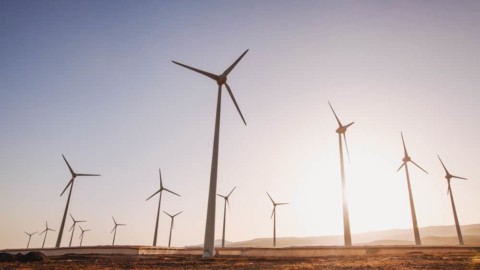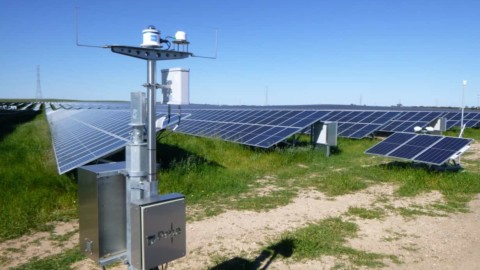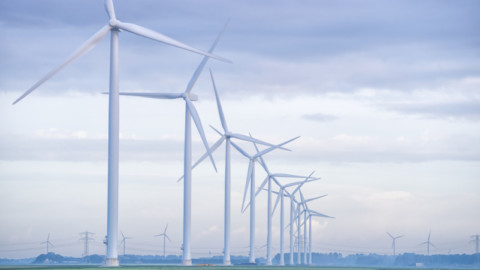The Clean Energy Council (CEC) has said that the results of REN21’s Renewables 2021 Global Status Report highlights that Australia is not doing enough to decarbonise its economy and that urgent action is required within the next decade to reach the goal of net-zero emissions by 2050.
REN21’s report has outlined the need for governments to prioritise renewables and that emissions reduction targets are required to create binding objectives and accountability, in conjunction with strict policies and regulations.
The report states that by the end of 2020, 165 countries had sectoral renewables targets in place, Australia is not included.
Australia’s primary support mechanism for renewable energy development, the Large-Scale Renewable Energy Target, was met in 2019 ahead of schedule with no extension announced.
The CEC believes that Australian states and territories are currently doing the heavy lifting on emissions reduction.
Clean Energy Council Chief Executive, Kane Thornton, has said that renewable energy can deliver strong economic growth, whilst reducing Australia’s carbon footprint and delivering on Australia’s international commitments.
“The clean energy industry has been the single biggest contributor to Australia’s emissions reductions over the past decade and has proven its ability to meet and beat any target put in front of it,” Mr Thornton said.
“The current pipeline of renewable energy projects could secure nearly 80,000 full-time equivalent jobs. Our sector is ready to deliver career pathways that provide clean, low-cost energy that the future workforce can truly aspire to.
“Renewable energy jobs can have an enormous positive impact on regional communities, and this should be a clear priority for the government.
“Australia has an opportunity to use our considerable renewable energy advantages to export Australian-made clean energy around the world and demonstrate how a modern, clean industrial sector can contribute to the global effort to curb the impacts of climate change.”
At the end of 2020, Australia ranked 14th in total renewable power capacity at 50GW, with the CEC Council estimating there is over 47GW currently in the development pipeline.
The report reveals that renewable energy made up around ten per cent of Australia’s total final energy consumption, ranking 12th of G20 countries, behind Brazil, Canada, Turkey, the US, Argentina and India.
This puts Australia ahead of all member countries of the G20 within the Asia-Pacific region, except India, Australia also leading the region in the use of renewables in mining.
“Renewables are the way for Australia to harness the opportunity for an electrified future, and there are considerable advantages for our economy if we get it right,” Mr Thornton said.
For example, Tesla recently found that Australia supplies just under half of the world’s lithium ore, which is used for battery cells. Because it gets shipped offshore for processing, Australia is missing out on over $2 billion annually – a figure that’s set to grow with the increasing use of battery storage.
“Australia needs to think about the future we want to create for ourselves. Instead of using taxpayer funds to prop up fossil-fuel generation, a more prudent investment would be large-scale battery storage, pumped hydro and accelerating transmission upgrades to provide cost-effective, reliable, flexible and low-emissions power,” Mr Thornton said.
The CEC believes that Australia has exceptional potential to do well in a world of ambitious climate change mitigation – but only if the country plans, prepares and invests in the emerging low and zero emissions opportunities that are before us.
















